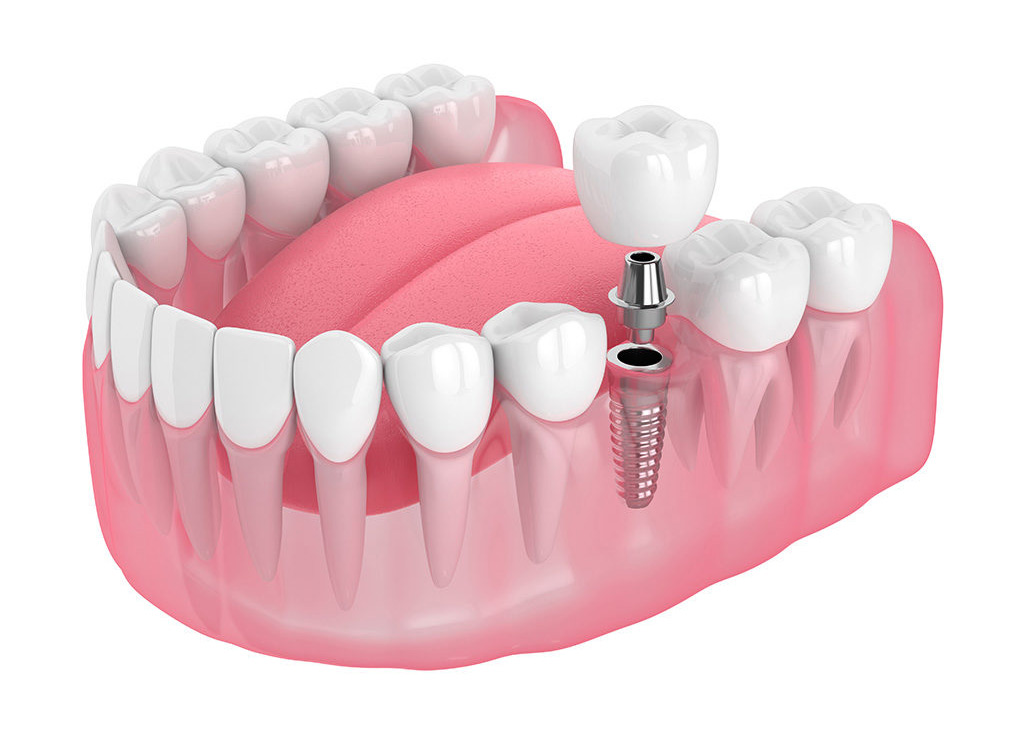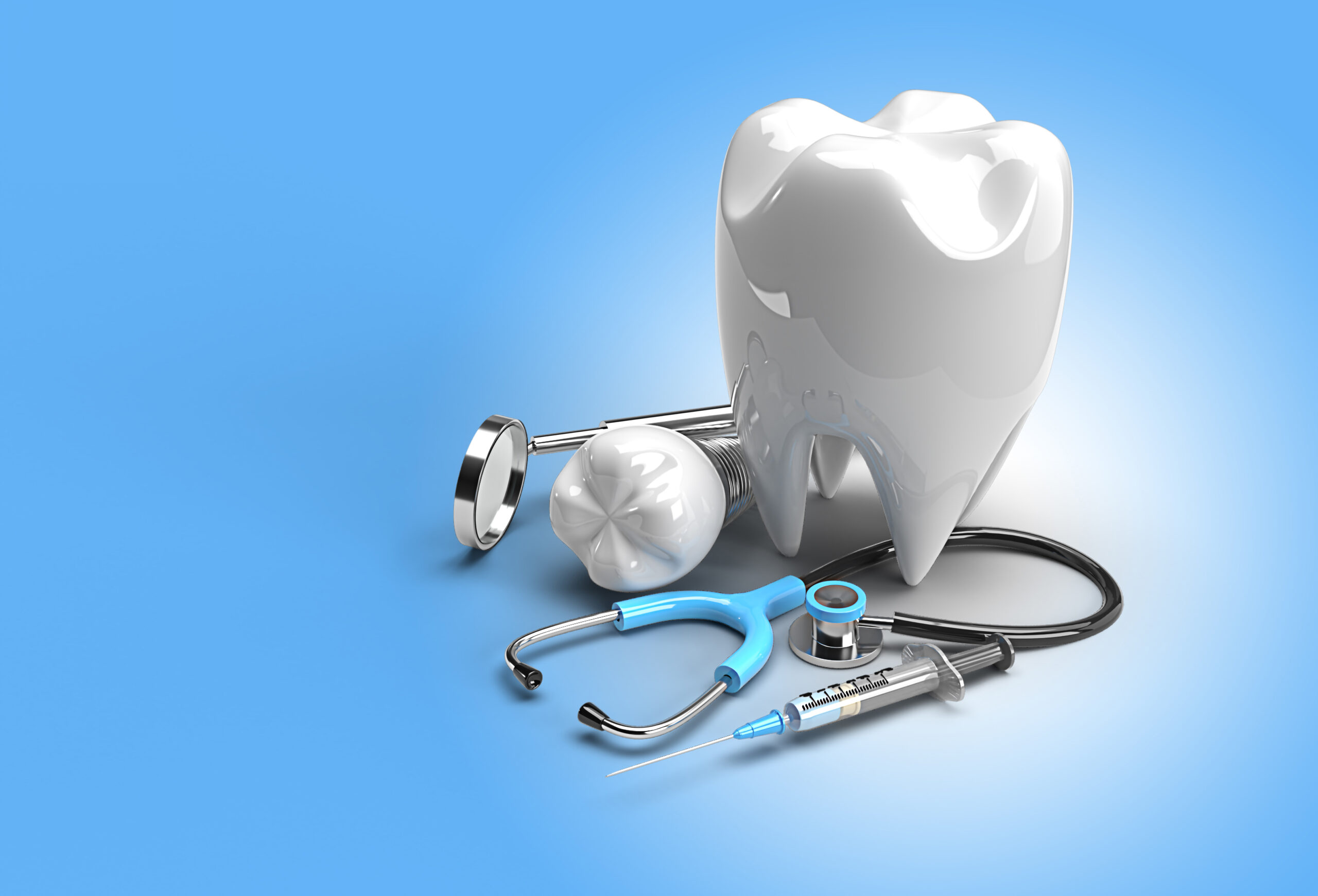How to Care for Your Dental Implants: Tips for Long-Term Success
Dental implants are an excellent solution for replacing missing teeth, providing both functional and aesthetic benefits. If you have recently undergone a dental implant procedure or are considering getting one, it’s essential to understand how to care for your dental implants properly. This article will guide you through the essential tips for long-term success in maintaining your dental implants.
In this article, we will explore the key aspects of caring for your dental implants to ensure their long-term success. We’ll discuss the importance of understanding dental implants, preparing for dental implant care, post-surgery care, long-term maintenance, protecting dental implants, potential complications, and provide useful tips along the way.
Understanding Dental Implants
What Are Dental Implants?
Dental implants are artificial tooth roots made of biocompatible materials, such as titanium, which are surgically placed into the jawbone. They serve as a strong foundation for attaching custom-made replacement teeth. Dental implants provide stability, durability, and a natural appearance.
The Benefits of Dental Implants
Dental implants offer numerous advantages over other tooth replacement options. They improve chewing and speaking abilities, restore facial aesthetics, prevent bone loss, and enhance self-confidence. Dental implants are a long-lasting solution that can significantly improve your quality of life.
Preparing for Dental Implant Care
To ensure the long-term success of your dental implants, it’s crucial to prepare adequately before the procedure.
Consultation and Planning
Before getting dental implants, schedule a consultation with a dental professional specializing in implants. They will evaluate your oral health, discuss your goals, and develop a personalized treatment plan. Understanding the entire process and having realistic expectations are vital for a successful outcome.
Oral Hygiene Routine
Maintaining good oral hygiene is crucial for dental implant care. Brushing and flossing regularly, along with using antimicrobial mouth rinses, helps prevent infection and gum disease. Your dentist will guide you on the appropriate techniques and products for maintaining a healthy oral environment.
Diet and Nutrition
Eating a well-balanced diet rich in vitamins and minerals is beneficial for your overall oral health. Consuming foods that support gum and bone health, such as fruits, vegetables, lean proteins, and dairy products, can contribute to the success of your dental implants. Avoiding excessive sugar and acidic foods is also important to prevent complications.
Post-Surgery Care
After your dental implant surgery, proper post-operative care is essential for optimal healing and long-term success.
Managing Discomfort
It’s common to experience some discomfort or swelling after the surgery. Your dentist may prescribe pain medication or recommend over-the-counter pain relievers to manage any discomfort. Applying ice packs and following any specific instructions provided by your dentist can help alleviate swelling.
Medication and Pain Management
Follow your dentist’s instructions regarding any prescribed medications. Antibiotics may be prescribed to prevent infection, and pain medication can help manage any post-operative pain. Take medications as directed and notify your dentist of any unusual side effects or concerns.
Follow-Up Appointments
Regular follow-up appointments with your dentist are crucial to monitor the healing process and ensure the long-term success of your dental implants. Your dentist will schedule check-ups to evaluate the implant’s stability, assess the surrounding tissues, and make any necessary adjustments or recommendations.
Long-Term Maintenance
Maintaining proper care and maintenance of your dental implants is essential for their long-term success and your overall oral health.
Regular Dental Visits
Regular visits to your dentist are essential for the ongoing care of your dental implants. Your dentist will monitor the health of your implants, check for any signs of complications, and perform professional cleanings to remove plaque and tartar buildup. These visits allow early detection of any issues and ensure that your implants remain in excellent condition.
Brushing and Flossing Techniques
Proper brushing and flossing techniques are crucial for maintaining good oral hygiene around your dental implants. Use a soft-bristle toothbrush and a non-abrasive toothpaste to gently brush your teeth and implants twice a day. Pay special attention to the areas around the implant where the gum meets the tooth. Flossing with care and using interdental brushes can help remove plaque and food particles from hard-to-reach areas.
Avoiding Harmful Habits
Certain habits can negatively affect the longevity of your dental implants. Avoid chewing on hard objects like ice or pens, as this can put excessive pressure on the implants and potentially lead to damage. Quit smoking if you’re a smoker, as smoking can impair the healing process and increase the risk of implant failure. Additionally, limit your consumption of stain-causing substances like coffee and red wine, as they can discolor your natural teeth and implant restorations.
Protecting Dental Implants
Taking precautions to protect your dental implants can help ensure their long-term success and prevent accidents or injuries.
Protecting Against Trauma
Accidents happen, but taking steps to protect your mouth and face can reduce the risk of trauma to your dental implants. If you participate in contact sports or activities with a high risk of injury, wearing a mouthguard is essential. A custom-fitted mouthguard provides the best protection and helps absorb the impact, reducing the risk of implant damage.
Mouthguard Usage
If you grind your teeth at night or have a history of teeth grinding (bruxism), wearing a nightguard can protect both your natural teeth and dental implants. Grinding can exert excessive force on the implants, leading to complications. A nightguard acts as a cushion and helps distribute the forces evenly, reducing the strain on your implants and preserving their longevity.
Potential Complications
While dental implants have a high success rate, it’s important to be aware of potential complications that can arise.
Peri-Implantitis
Peri-implantitis is an inflammatory condition that affects the tissues surrounding dental implants. It can lead to bone loss and implant failure if left untreated. Maintaining good oral hygiene, regular dental visits, and early detection are crucial in preventing and managing peri-implantitis.
Dental Implant Fractures
Although rare, dental implant fractures can occur due to trauma, excessive forces, or poor implant quality. It’s important to follow all recommended care instructions, avoid habits that can cause damage, and notify your dentist immediately if you experience any unusual symptoms or concerns.
Sinus Problems
For implants placed in the upper jaw, sinus problems can occur if the implant extends into the sinus cavity. Proper planning and coordination with your dental professional are necessary to avoid such complications. Your dentist will assess your sinus anatomy and ensure appropriate measures are taken during the implant placement procedure.
Conclusion
Caring for your dental implants is essential for their long-term success and your overall oral health. By understanding the importance of maintaining good oral hygiene, following proper care instructions, and protecting your implants, you can enjoy the benefits of a healthy and functional smile for years to come.
Remember, regular dental visits, proper brushing and flossing techniques, and avoiding harmful habits are key to ensuring the longevity of your dental implants. Additionally, being proactive in identifying and addressing potential complications, such as peri-implantitis or implant fractures, can help prevent any significant issues down the line.
By following the tips and guidelines provided in this article, you can take the necessary steps to care for your dental implants and promote their long-term success. Remember, your dental professional is your partner in this journey, so don’t hesitate to reach out to them if you have any questions or concerns about your implants.
FAQs (Frequently Asked Questions)
- How long do dental implants last?
Answer: Dental implants are designed to be a long-term solution and can last for many years with proper care. With good oral hygiene and regular dental check-ups, implants can often last a lifetime.
- Is the dental implant procedure painful?
Answer: The dental implant procedure is typically performed under local anesthesia, ensuring you won’t feel any pain during the surgery. Some discomfort and swelling may occur during the healing process, but your dentist will provide appropriate pain management options.
- Can I eat normally with dental implants?
Answer: Yes, dental implants function like natural teeth, allowing you to eat a wide variety of foods. However, it’s advisable to avoid extremely hard or sticky foods that may put excessive pressure on the implants.
- Are dental implants susceptible to cavities?
Answer: Dental implants themselves are not susceptible to cavities since they are made of artificial materials. However, it’s still essential to maintain good oral hygiene to protect the surrounding natural teeth and gums from decay and infection.
- Can I get dental implants if I have gum disease?
Answer: In most cases, gum disease needs to be treated and controlled before proceeding with dental implant placement. Your dentist will evaluate your oral health and recommend the appropriate treatment plan to ensure the success of your implants.




